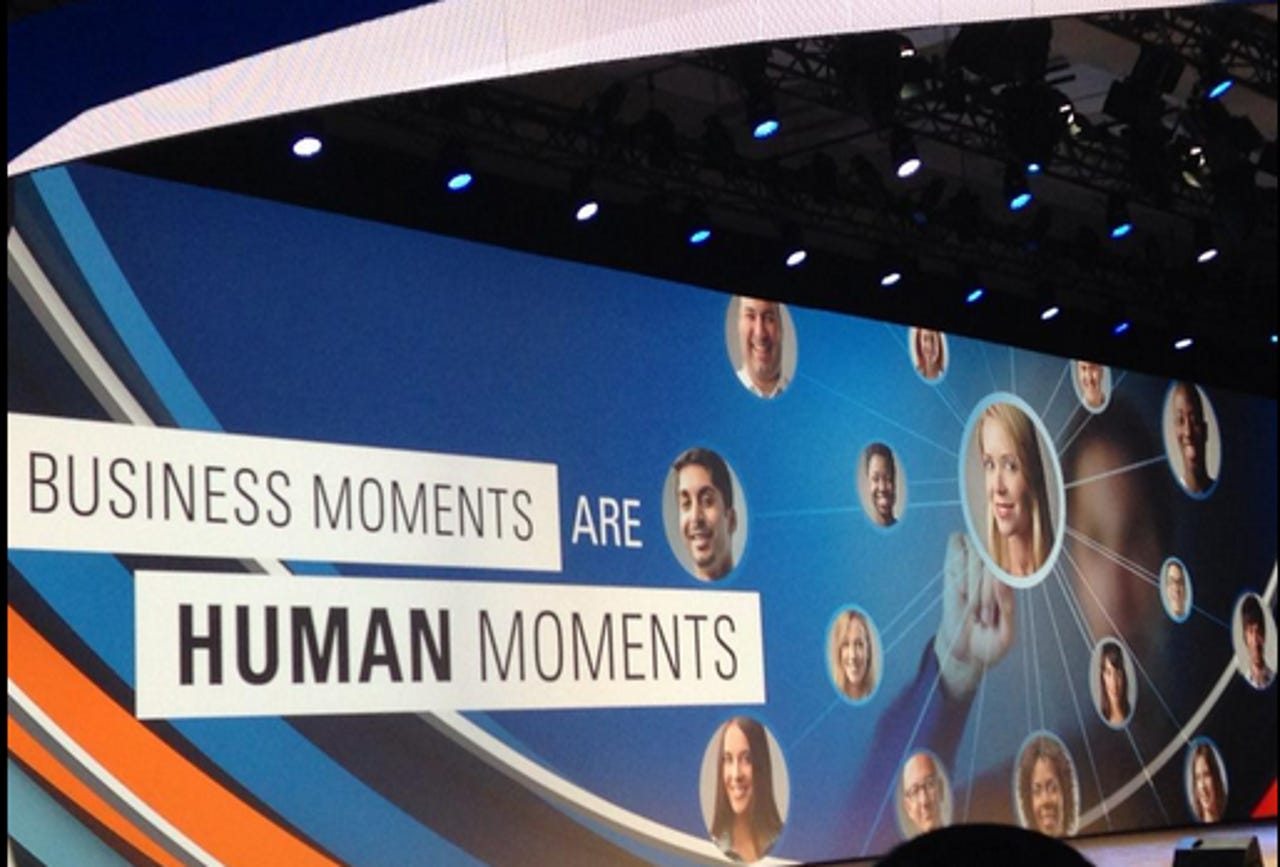The next big tech gig: Digital humanist

ORLANDO — If you're looking to keep a tech gig amid the rise of the machines and algorithms here it is: Digital humanist.
Gartner analyst Richard Hunter said that every business moment is a human one even when it's driven by sensors, the Internet of things, apps and various automated transactions. Enter the digital humanist. Hunter was referring to digital humanist as an approach, but it's not a stretch to see it as a plum gig and a handy way to keep your career from being replaced by an algorithm.
Here's what a digital humanist would roughly do:
- Make sure technology designs are people-centered
- Ensure privacy is maintained
- Oversee IT processes to make sure they treat customers with the Golden Rule.
- Keep the human face of a brand front and center

Hunter, speaking during Gartner's keynote at the Symposium/ITxpo, used a car crash as an example.
Gartner Symposium
Two cars crash, sensors notify authorities of a problem, hospitals are notified, police show up and claims are filed. What will matter most even with all that technology will be the human touch. Rest assured enterprises everywhere will botch the digital humanist approach just like they do customer service.
Gartner's Hunter also highlighted the digital humanist manifesto, which goes like this:
- Put people at the center. A digital humanist approach needs to observe what people do not what they say they want. You can't design a business process or project by asking for requirements. Digital humanists listen and observe. "Every project should put people at the center," said Hunter.
- Embrace unpredictability. Any company that puts its digital technology out in the field will alter customer behavior. Leaders will need to listen and get out of the way. Customer behavior as it melds with digital efforts will yield new brands, markets and products.
- Respect personal space. Digital business means that privacy should be built into processes from the beginning. For starters, everything should be opt-in for customers, profiles should be open to them and any personalization has to be checked to make sure it isn't creepy. A digital humanist approach will need to identify sensitive situations in advance.
"Digital humanists will have to apply the Golden Rule. Your customers will be human even if digital and machines rule," said Hunter.